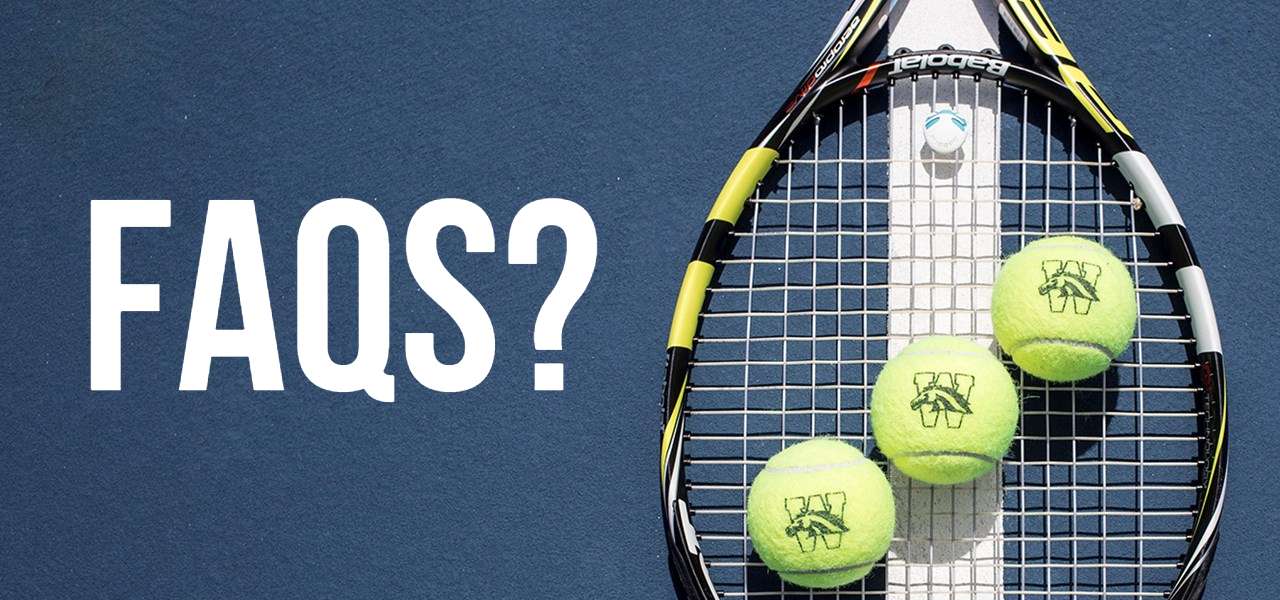In short this is all down to personal preference,
depending on your playing style. Synthetic gut tennis strings are good all round strings, offering a balance of durability and playability. Polyester strings are the most durable string type, but this often leads to a compromise in terms of playability. Multifilament strings are much softer than polyester meaning that the tennis player will benefit from great feel, but these can often break rather frequently. A wise choice and one which is often adopted by tennis players on the pro tour is to opt for a hybrid string set up, with polyester strings on the mains and multifilament or synthetic gut strings on the crosses. This will provide a decent amount of playability and durability, which now appears to be a winning combination for a lot of tennis players.

